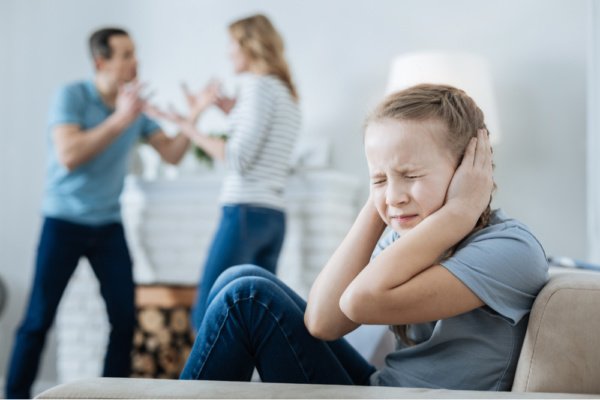Family alienation seems to be common in America, despite the fact that people don’t seem to talk about it much. 27% of adult Americans are estranged from a close family member, according to Cornell University’s most recent large-scale national poll. According to Karl Pillemer, a professor of sociology who oversaw the study and produced the book “Fault Lines” on its conclusions, the actual number is probably greater because people frequently experience guilt. The relationship that is broken the most frequently is that between a parent and an adult kid, and most of the time it is the child who pulls the trigger.
Since family alienation has just been studied for the past ten years, there are no statistics to indicate if it is rising in frequency. Though many psychologists and sociologists disagree. This appears shocking in one sense. Other family divisions are more likely to occur following divorce. In a recent study of 1,600 estranged parents, psychologist and “Rules of Estrangement” author Joshua Coleman discovered that more than 70% had divorced the other parent of their child (children of divorce are more likely to dump their fathers, he notes). The divorce rate in America has decreased recently. However, according to Dr. Coleman, additional changes make parent-child estrangements more likely than ever. Others who do not specialize in treating family conflicts agree.
Here are 4 reasons why family alienation is common in America
1- The main factor is the emergence of individualism, which emphasizes happiness in oneself. Relatives who hold diametrically opposed opinions or refuse to embrace those of others are more likely to be rejected by their family members. According to Dr. Coleman, personal fulfillment has begun to take the role of parental responsibility. Although families have feuded and relatives have had disagreements in the past, he claims that the concept of parting ways with a family in order to find pleasure is relatively new. In some respects, this is a good thing because it makes it simpler for people to get away from violent parents. But it can come at a high price.
2- More individualistic than most rich countries, The divorce rate is also higher in America. This shows that in contrast to other countries, adult-child separation is more frequent in the United States. According to Dr. Pillemer, “I get the feeling that this isn’t seen as much of a concern in many European countries.”
3- Another factor is geography. America continues to be one of the most geographically mobile countries in the world, despite the fact that people are moving between states less frequently than they once did. People who wish to leave their families behind are often able to do so due to the considerable distances involved.
4- According to Dr. Coleman, therapy has also played a part. In America, family dysfunction is frequently highlighted as a contributing factor to personal unhappiness in therapy. He says. “As therapists, we need to do due diligence on what our patients say. Just as I wouldn’t take at face value a parent’s depiction of their parenting as flawless, I wouldn’t assume an adult child’s claim that a parent is ‘toxic’ should be accepted without further inquiry”. While it frequently plays a role, it also frequently does not, together with a British researcher, he is establishing an online programme that will assist therapists and others in learning how to deal with clients who have grown distant from their immediate family members.
This method of bringing awareness to the problem is probably crucial, and not just because some broken links might be repairable. Beyond the heartache it creates, parent-child estrangement has harmful implications. According to research, it’s possible that breaking off family members will become a family tradition. But right away, it’s likely to make loneliness in old age worse.
